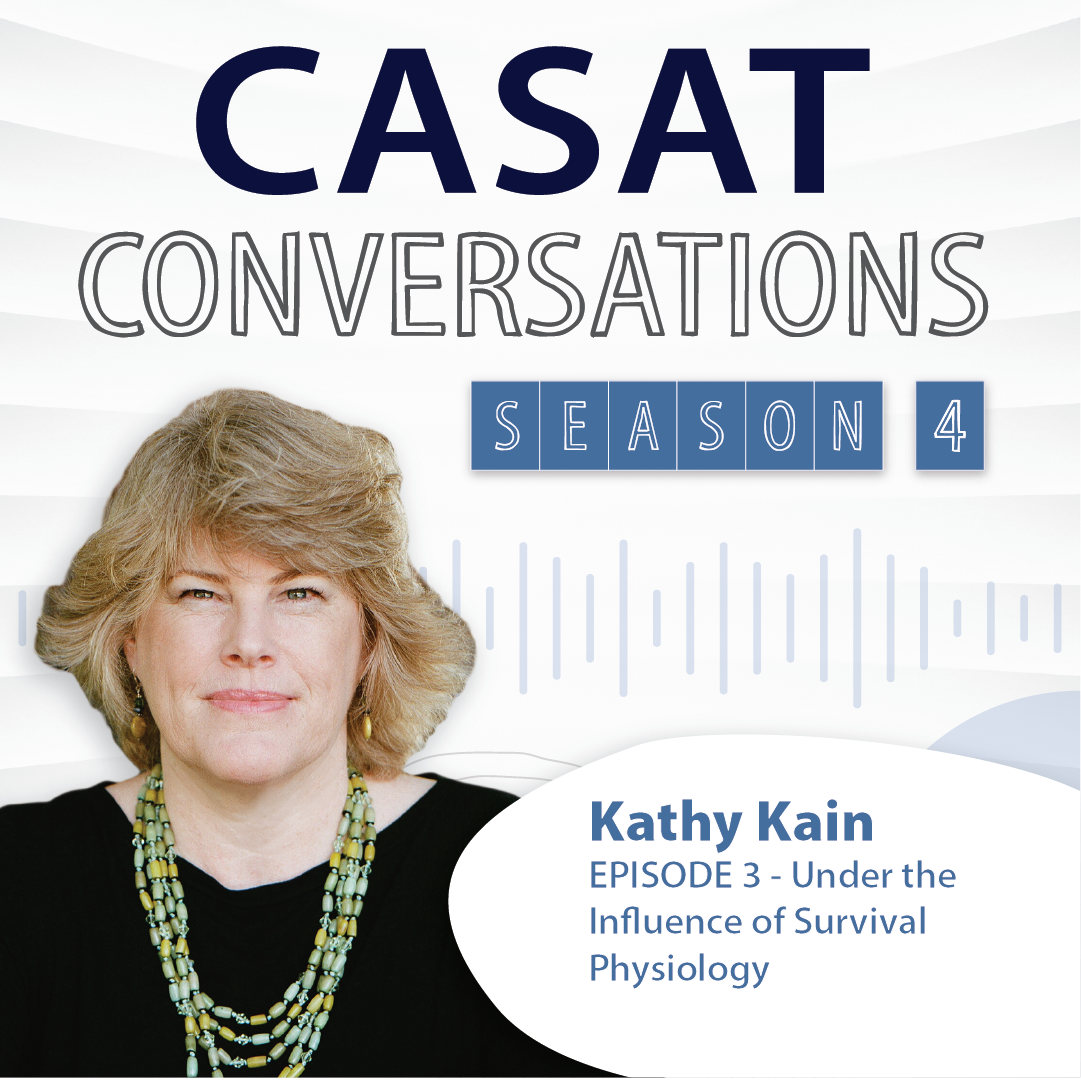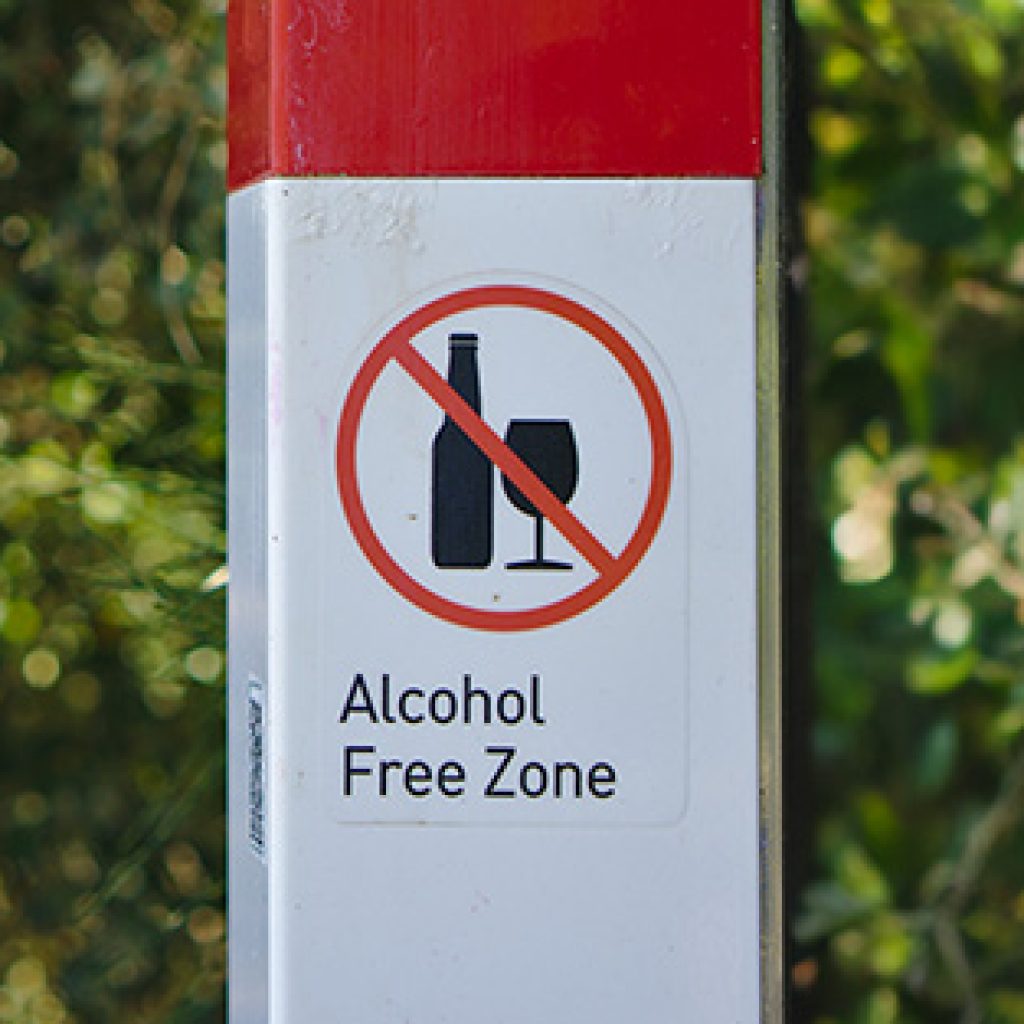The Latest on Stress
Stress is a normal part of life, and yet over the last few years there has been an incredible amount of it. Since 2007, the American Psychological Association (APA), has been conducted a nationwide survey in order to understand the attitudes and perceptions of stress among the general public, as part of their Mind/Body Health campaign. The Stress in in America™ survey identifies leading sources of stress, common behaviors used to manage stress and the impact of stress on our lives. This survey helps to further highlight the link between the mind and the body, along with the serious physical and emotional implications of stress.
The most recent survey revealed, “a battered American psyche, facing a barrage of external stressors that are mostly out of personal control.” In the survey, the majority of Americans reported feeling disheartened by the government and political divisiveness, overwhelmed by historic inflation levels, and troubled by widespread violence.
10 Key Findings from the October 2022 Survey:
27% of Americans feel so stressed that they can’t function most days.
76% of adults report the have experienced at least one symptom of stress in the last month (i.e., headaches, fatigue, feeling nervous or anxious, a feeling of sadness or depression).
35% of people feel completely stressed no matter what they do.
33% experienced changes in sleeping habits.
30% reported worrying constantly.
74% feel their relationships help them cope with their stress.
71% do something to manage their stress.
75% report having healthy ways to manage stress.
47% wish they had someone to help manage their stress.
36% don’t know where to start when it comes to managing their stress.
As we go through life and experience various stressors (which can be real or perceived threats) the body, in its infinite wisdom, responds in order to keep us safe. When left unchecked, we can get stuck in a state of hyper or hypo-arousal which can cause dis-ease in the body. Han’s Seyle, the founder of stress theory described stress as “The body’s nonspecific response to any demand, whether it is caused by or results in pleasant or unpleasant stimuli.” He helped to lay the foundation for our understanding of the relationship between stress and disease. Stress affects every system in the body including the musculoskeletal, respiratory, cardiovascular, endocrine, gastrointestinal, nervous, and reproductive systems. Our bodies are well equipped to handle small amounts of stress, but when stress becomes chronic and overwhelming, it can have serious effects both the body and mind.
Stress is considered to be one of the leading factors of chronic disease, along with physical inactivity, poor nutrition, excessive alcohol use, and tobacco use. In addition, stress can impact every dimension of a person’s well-being (emotional, occupational, physical, social, intellectual, and spiritual). With 76% of adults reporting at least one symptom of stress in the last month, if left unaddressed this can lead to burn out, and chronic illness. Below is a chart that helps to depict the chronic stress cycle, and how stress contributes to the leading chronic diseases.
Download Chronic Stress Cycle Chart
Over the last few years, self-reported stress has continued to rise, along with unhealthy coping strategies. In the March 2021 findings of the Stress in in America™ survey, there were several interesting findings regarding the impact of chronic stress. For example, close to half of adult (47%), said they have been less physically active, and 58% reported experiencing undesired weight changes. The average amount of weight gained was 26 pounds. In addition, 23% of Americans reported they had been drinking more alcohol, with an average of 10 drinks per week. Stress, along with unhealthy coping strategies continue to impact both physical and mental health.
With the vast majority of people living in survival mode, chronic stress is wreaking havoc on the health of our society. It is imperative that we address stress and look to ways to effectively manage it. Since so many of the reported stressors in the October Stress in in America™ survey are largely out of our control, Dr. Arthur Evans Jr., APA’s chief executive officer, states that “Focusing on accomplishing goals that are in our control can help prevent our minds from getting overwhelmed by the many uncertainties in life. From using our breathing to slow racing thoughts, to intentionally limiting our social media consumption, or exercising our right to vote, action can be extremely empowering.”
In closing, Dr. Arthur Evans says, “Living through historic threats like these often has a lasting, traumatic impact on generations, as a society, it’s important that we ensure access to evidence-based treatments and that we provide help to everyone who needs it. This means not only connecting those in distress with effective and efficient clinical care, but also mitigating risk for those more likely to experience challenges and engaging in prevention for those who are relatively healthy.” Now is the time to address lifestyle habits, effective stress management techniques, and resiliency training, so that we can better our own health, along with the health of future generations.
Ready to Learn More:

Listen to Season 4 of CASAT Conversations. Season 4 delves into the topic of secondary and vicarious trauma experienced by people who work in the field of human services. You’ll hear from researchers, authors, clinicians, and people with lived experience who share about the importance of this topic, along with ways to care for yourself, and the value of having a community of support. In each conversation, we hope you find a nugget of information that will support you in the work you do. Listen to episode 3 today! In episode 3, you’ll hear from Kathy Kain, a somatic therapist with 42 years of experience. She shares how she manages the stress of the work she does, and summarizes how trauma impacts the body. You won’t want to miss this insightful conversation.
Other Related Resources:
Podcast Episodes:
- Stress First Aid
- The Cost of Doing Business in High Stress Environments
- Addressing Burnout in High Stress Environments
- Connecting the Mind & Body As a Pathway for Resilience
Blog Posts:
- Strategies for Addressing Burnout
- Stress First Aid to Combat Burnout and Compassion Fatigue
- What the Research Shows About Compassion Fatigue and Burnout: What You Can Do About It
- Understanding the Impact of Unrelenting Stress over the Past Two Years and 9 Coping Strategies to Support Client’s to Better Manage Stress
References
American Psychological Association. (2022). Stress in America 2022: Concerned for the future, beset by inflation. American Psychological Association. Retrieved December 12, 2022, from https://www.apa.org/news/press/releases/stress/2022/concerned-future-inflation
American Psychological Association. (2022). October 2022 Topline Data. American Psychological Association. Retrieved December 12, 2022, from https://www.apa.org/news/press/releases/stress/2022/october-2022-topline-data.pdf
American Psychological Association. (2021). One year later, a new wave of pandemic health concerns. American Psychological Association. Retrieved December 12, 2022, from https://www.apa.org/news/press/releases/stress/2021/one-year-pandemic-stress
American Psychological Association. (2018). Stress Effects on the Body. American Psychological Association. Retrieved December 12, 2022, from https://www.apa.org/topics/stress/body
Blog Post Tags:
Related Blog Posts
Related Learning Labs
Related Resources
.
- Buscar Tratamiento de Calidad para Trastornos de uso de Sustancia (Finding Quality Treatment for Substance Use Disorders Spanish Version)
- Finding Quality Treatment for Substance Use Disorders
- Focus On Prevention: Strategies and Programs to Prevent Substance Use
- Monthly Variation in Substance Use Initiation Among Full-Time College Students
- The National Survey on Drug Use and Health (NSDUH) Report: Monthly Variation in Substance Use Initiation Among Adolescents








